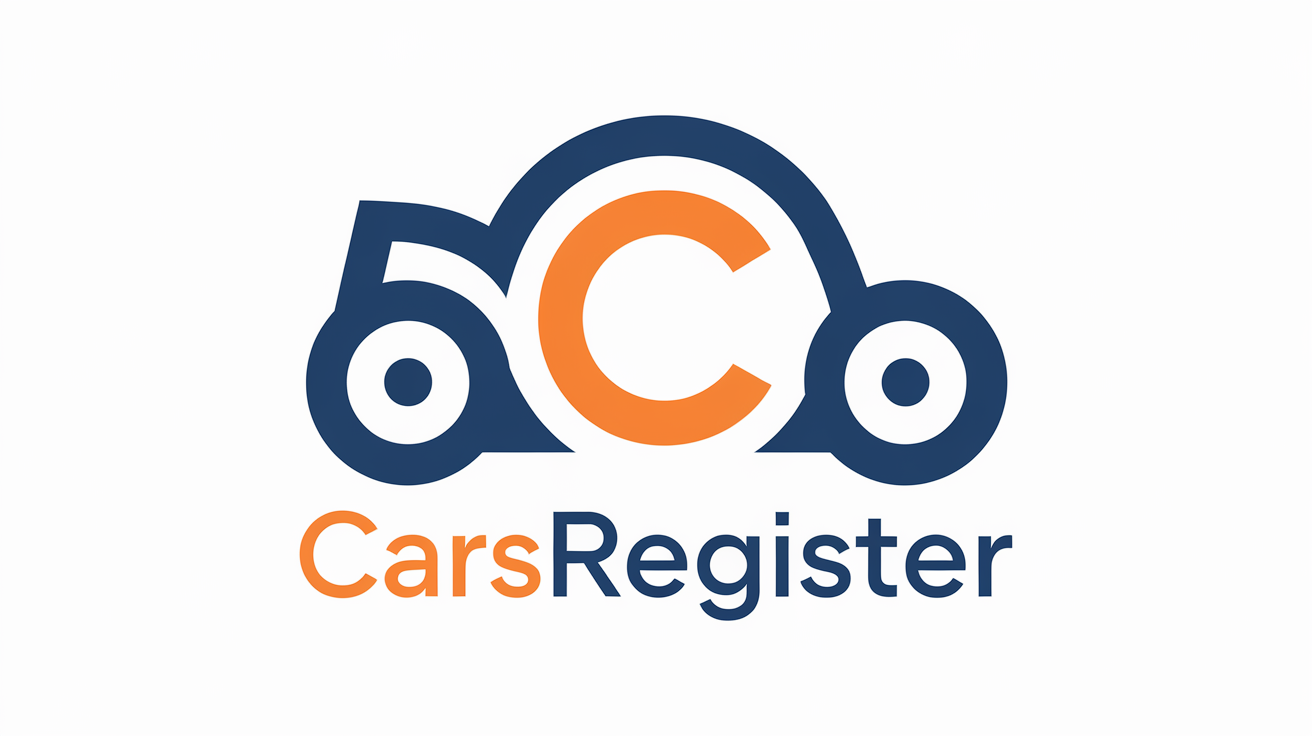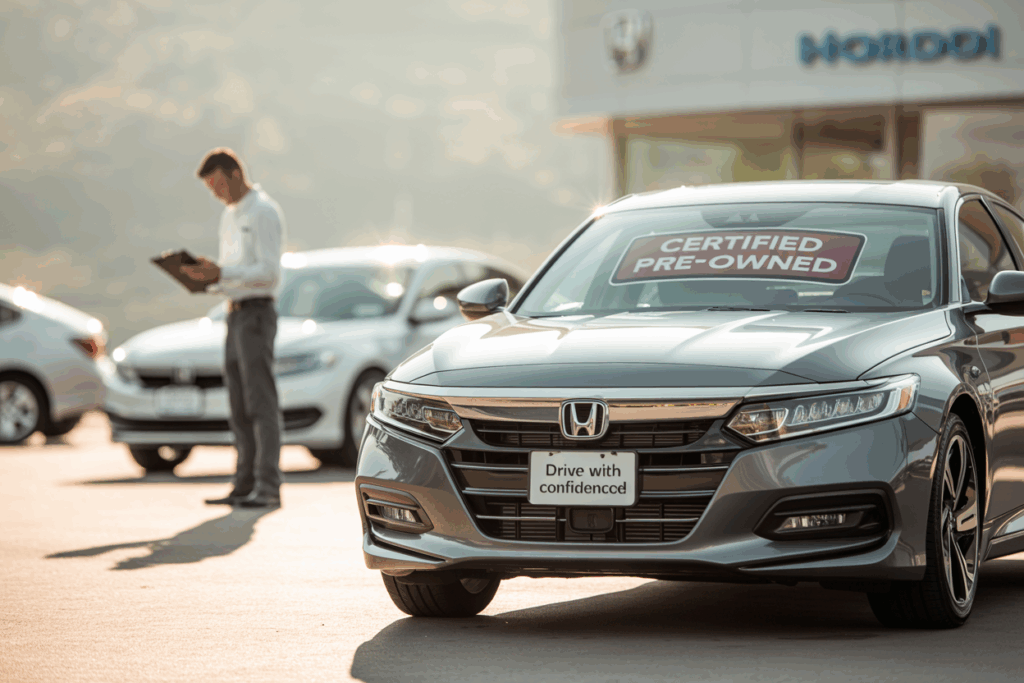If you’ve ever shopped for a car and gotten hit with terms like “certified pre-owned” or just plain “used,” you’re not alone in wondering what the actual difference is. One sounds fancy and dealership-approved, the other sounds like you’re taking a chance with whatever’s on Craigslist. But there’s more going on behind those labels than just clever branding. Before you sign anything (or fall in love with a sunroof), let’s break down what those terms really mean—and which one might be a better fit for your vibe and budget.
Certified Pre-Owned Means It’s Been Checked and Approved
When a car is labeled “certified pre-owned” (CPO), it usually means the dealership or manufacturer has inspected it from bumper to bumper. We’re talking brakes, engine, tires, and even the floor mats. It has to meet certain standards, like mileage limits or being accident-free. The big selling point is that it’s backed by a warranty and feels more like a safe bet. Basically, it’s a used car with a resume.
Used Means More Freedom and Sometimes More Risk
A “used” car doesn’t have to meet the same checklist as a CPO one. It can come from a private seller or dealership, and it might have a few dings or a quirky history. You can still find great used cars—but you’ll want to do your own inspection or get a mechanic involved. There’s usually no extra warranty included, which means repairs are on you. Still, if you want options and a better price, used has its perks.
CPO Cars Usually Come with a Warranty
One big win for certified pre-owned cars is the warranty. Most come with some kind of coverage, like 12 months or 12,000 miles, depending on the brand. Some even extend the original factory warranty. That means less worrying about sudden repair bills right after you buy. If peace of mind matters to you, this can be a big selling point.
Used Cars Are Almost Always Cheaper
Used cars are generally more affordable upfront than CPO cars. Since they skip the inspection and warranty steps, dealerships price them lower. That can free up your budget for insurance, upgrades, or maybe just snacks. If you’re okay doing a little more homework and taking a bit of a gamble, used can definitely stretch your dollar further.
CPO Cars Are Usually Newer with Lower Mileage
Certified pre-owned cars tend to be under a certain age—usually less than five years old—and often have lower mileage. That’s part of what helps them qualify for certification. They also typically haven’t had any major damage or repairs. So if you want a car that still feels kind of new without the brand-new price tag, CPO hits a sweet spot
Used Cars Come in All Kinds of Conditions
Used cars can be five years old or fifteen. Some are super clean, others might’ve lived a hard life. That means you’ll need to be extra careful about reading the history report and asking the right questions. Not every used car is a deal—but some definitely are. You just have to dig a little.
CPO Cars Often Include Perks
In addition to warranties, some CPO programs include free maintenance for a set period, roadside assistance, or loaner cars during service. These are little extras that can add real value. You might also get a nicer dealership experience, depending on where you shop. It’s all part of the “certified” package.
Used Cars Give You More Room to Negotiate
Since used cars don’t come with strict certification standards, dealerships and sellers usually have more wiggle room on price. You might be able to negotiate a better deal or ask for repairs before buying. With CPO cars, there’s less flexibility because the price already includes all the inspections and extras. So if haggling is your thing, used might be more your lane.
The Buying Experience Is Totally Different
Buying a CPO car usually means going through a dealership, while used cars can come from almost anywhere—a dealer, a private seller, or your cousin’s neighbor. That changes how the deal works, what protections you have, and how much support you get after buying. If you like structure and paper trails, CPO is easier. If you like adventure (and doing your own paperwork), used it is.
It All Comes Down to What You Want
There’s no right or wrong choice—it really depends on your budget, comfort level, and how much work you want to do. CPO is for folks who want something close to new without the full new-car price. Used is for people who want flexibility and are okay with a few unknowns. Either way, you’ll drive off with a story—and hopefully a car that lasts.

